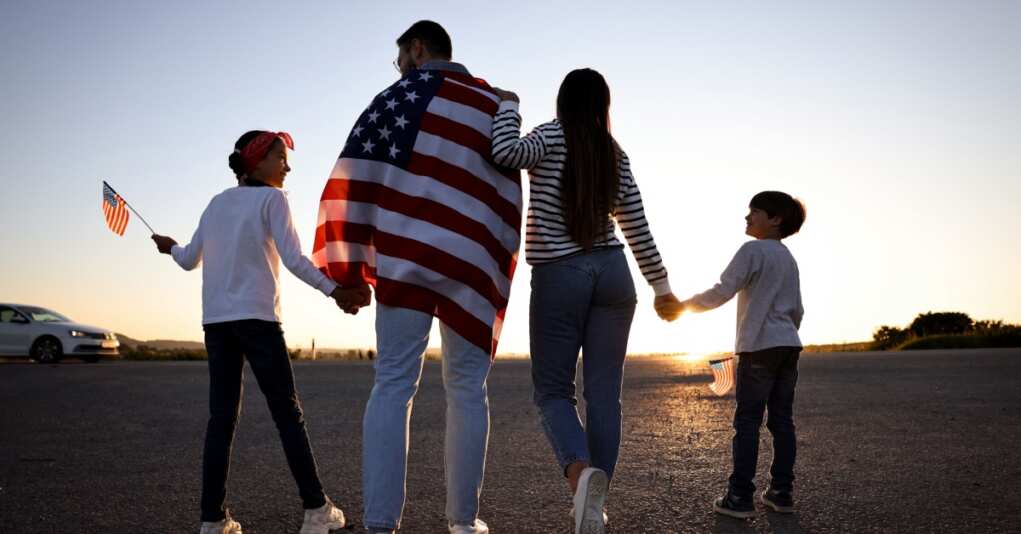Shocking Workshops for Immigrants On How to Outsmart Trump’s Deportation Plan

Winston Leiva, who hosts a bilingual workshop, seriously just rattled off a wild list of “tips” for immigrants trying to survive the incoming storm of mass deportations that President-elect Donald Trump plans to unleash upon his return to the White House. Seriously, this is the kind of advice that makes you stop, stare, and ask, “Wait, this is really happening?”
First up, make sure someone’s ready to pick up your kids if you get arrested. Don’t open the door unless authorities slide a signed judicial warrant under it. And above all, exercise your right to remain silent—like, don’t even talk unless you absolutely have to.
“We already know this administration,” Leiva said at a bilingual workshop in Los Angeles. Leiva’s current workshop is aimed at immigrants trying to hold onto their spot in the U.S. “The truth is we don’t know to what extent it will affect us.” And that was the optimistic part of his speech.
The Coalition for Humane Immigrant Rights held the meeting— just one of countless nationwide gatherings as immigrant advocates brace for the return of a man who reshaped immigration more than any president before him. States like California and Illinois, which have enacted immigrant protections, are already knee-deep in know-your-rights training. Meanwhile, Florida, where things are much less immigrant-friendly, is also on the list.
In Danbury, Connecticut, undocumented youth were told not to speak with immigration agents if they showed up at the door, with a warning, “If you choose to speak, remember not to lie.” And the clock’s ticking for those eligible to apply for U.S. citizenship—because who knows how long that’ll take with a president whose main agenda seems to be deportation and more deportation.
The Florida Immigrant Coalition offers free clinics to help immigrants navigate this mess. In Chicago, the National Immigrant Justice Center is scrambling to resolve as many cases as possible before Trump retakes office.
“It feels a little different because we have a clear expectation of what is coming,” says Lisa Koop, director of legal services.
Trump’s campaign is already talking about launching the biggest deportation operation in U.S. history, but it’s still unclear how exactly they plan to round up the millions of people they want gone. Meanwhile, immigrant communities are absolutely losing it. Calls are pouring in from everyone—undocumented and documented, even naturalized U.S. citizens—wondering if they’re next in line for deportation. Legal documents are being prepped in case families get torn apart.
“We know that separation is an issue, and we want to make sure that families are prepared,” said Renata Bozzetto, deputy director at the Florida Immigrant Coalition. Bozzetto also stressed the importance of knowing who will care for your kids if you’re taken away.
In Connecticut, high schools are even holding sessions because, of course, students are terrified, too—especially those from mixed-status families who are justifiably panicking about the possibility of their parents being deported.
Julie Gomez, 50, was sitting in on the Los Angeles workshop, just trying to figure out how to keep her community informed and prepared, especially those worried about being deported. She’s not worried about herself but knows plenty of people who are—obviously.
Leiva spent over an hour telling the group how to deal with federal authorities, from keeping your documents in one place to ensuring you have enough money to pay for a lawyer. Oh, and if you’re detained? Give your name and birthdate—nothing more—so someone can track you down.
“Do not make their job easy,” he said. “They have a job. You have a right.” Oh, sure, because making it harder for authorities to do their job is really helping the country, right?

